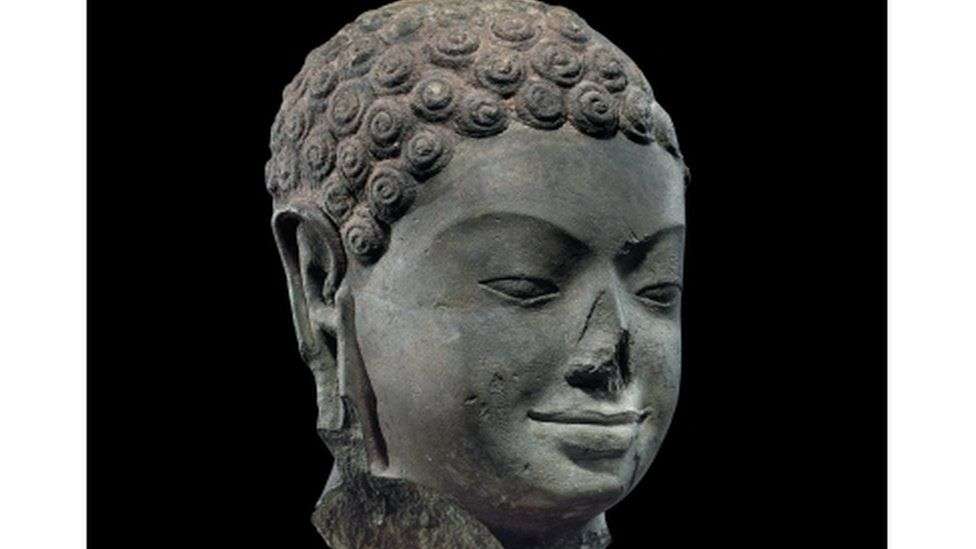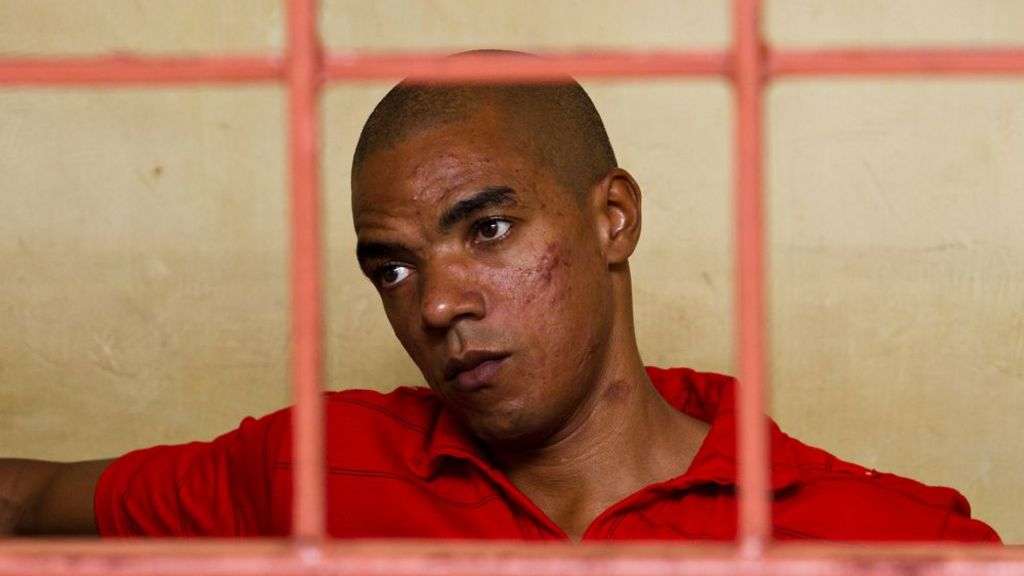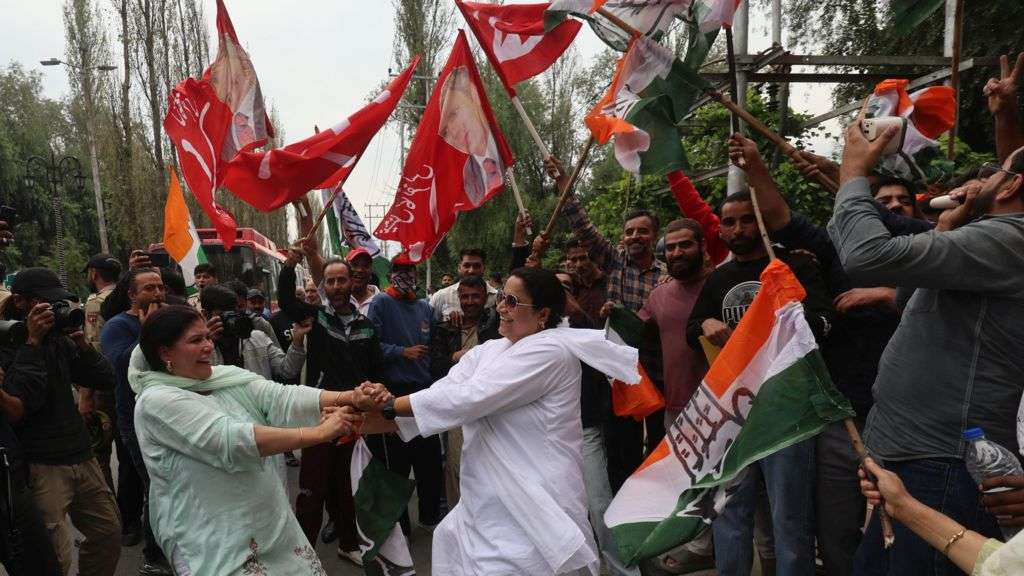The US must provide assurances that Julian Assange will not receive the death penalty if convicted, before a UK court rules on whether he can appeal against his extradition. The court has adjourned its decision by three weeks to give the US government time to comply. US authorities say the Wikileaks founder endangered lives by publishing thousands of classified documents. His lawyers have argued that the case is form of "state retaliation". In a High Court judgment on Tuesday, Dame Victoria Sharp and Mr Justice Johnson said that Mr Assange would be able to bring an appeal on three grounds, unless assurances were given by the United States.
These assurances are that the 52-year-old would be protected by and allowed to rely on the First Amendment - which protects freedom of speech in the US; that he would not be "prejudiced at trial" due to his nationality; and that he would not face the death penalty if he is convicted.
Judges have given the US authorities three weeks to make those assurances, with a final hearing potentially taking place on 20 May.
"If assurances are not given then we will grant leave to appeal without a further hearing," said Dame Victoria in the court's ruling.
"If assurances are given then we will give the parties an opportunity to make further submissions before we make a final decision on the application for leave to appeal."
However, the judges dismissed some grounds of the application to appeal, including Mr Assange's arguments that he was prosecuted because of his political opinions.
If his latest appeal is not granted, Mr Assange will have exhausted all of his legal avenues in the UK. His remaining option would be to take his case to the European Court of Human Rights.
Speaking to the crowd gathered outside the court, his wife, Stella Assange, described her husband as a "political prisoner".
She urged US President Joe Biden's administration not to submit assurances, and instead to "drop this shameful case".
He is facing espionage charges in the US for publishing hundreds of thousands of leaked classified documents in 2010 and 2011.
During February's hearing, Mr Assange's legal team argued that he was being targeted for his exposure of "state-level crimes" and his punishment was "politically motivated".
But lawyers from the US pushed back, saying that WikiLeaks' actions "put lives at risk".
Mr Assange's lawyers say he faces up to 175 years in jail if he is convicted. But the US government has previously said a sentence of between four and six years is more likely.
He did not attend the court hearing in February due to ill health. Ahead of the hearing, Mrs Assange said she feared for her husband's safety if he was extradited.
"This case will determine if he lives or dies, essentially," she told the OceanNewsUK.
In 2021, the High Court ruled that Mr Assange could be extradited, rejecting claims that poor mental health meant he risked taking his own life in US jail.
The UK Supreme Court upheld the decision and the then Home Secretary Priti Patel confirmed the extradition order in 2022.
His lawyers took his case to the European Court of Human Rights in 2022, but it was dismissed without a hearing.
Australia's parliament has passed a motion calling on the UK and US to release Mr Assange, though this has no legal bearing on either government.








